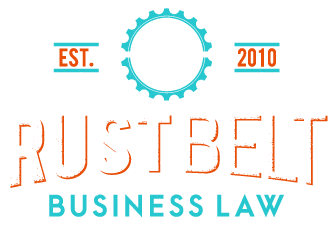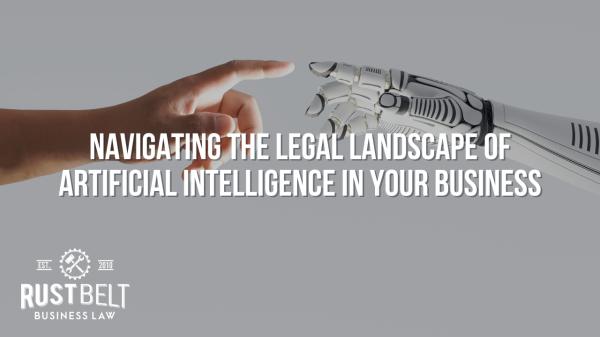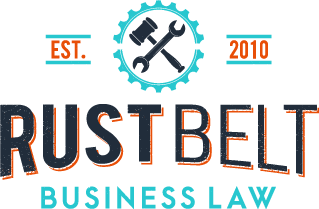The march of artificial intelligence (AI) is transforming every facet of our lives, and the workplace is no exception. From automating tasks to making hiring decisions, AI promises efficiency and innovation.
But with great power comes great responsibility – and a slew of legal questions. As a business owner or employee, understanding the implications of AI for employment law, liability, and corporate governance is crucial
Rust Belt Business Law dives into the complexities of AI in the workplace, helping you navigate this rapidly evolving landscape. Let's unlock the key issues.
Employment Law
- Discrimination and Bias: Can AI algorithms perpetuate discriminatory practices in hiring, promotions, and terminations? Bias can creep in through training data, leading to unfair outcomes. Businesses need robust safeguards and transparency measures to ensure AI doesn't exacerbate existing inequalities.
- Employee Monitoring and Privacy: AI can track employee activity, from emails to keystrokes. While this can boost productivity, it also raises concerns about privacy and employee surveillance. Clear policies and open communication are essential to maintain trust and compliance.
- The Changing Nature of Work: As AI automates tasks, what happens to jobs? Retraining and upskilling programs become crucial, and legal frameworks need to adapt to protect workers in the face of workplace automation.
Business Liability
- Who's Responsible for AI Errors? When an AI system makes a mistake, who bears the liability? Is it the programmer, the employer, or the algorithm itself? Legal frameworks are still grappling with this complex issue, and businesses need to understand potential liabilities and insurance coverage.
- Safety and Security: AI systems are vulnerable to hacking and manipulation. Businesses employing AI must prioritize cybersecurity measures and establish clear protocols for handling AI-related accidents and incidents.
Corporate Governance
- Transparency and Accountability: As AI becomes more integrated into decision-making processes, transparency and accountability become paramount. Businesses need to explain how AI is used, its potential biases, and how it aligns with organizational values.
- Board Oversight: Boards of directors need to understand the risks and opportunities of AI and ensure proper oversight of its implementation within the company. This includes developing ethical guidelines for AI use and monitoring its impact on stakeholders.
Rust Belt Business Law empowers clients to pursue AI-powered innovation while safeguarding their interests. Contact us today for a free consultation!




